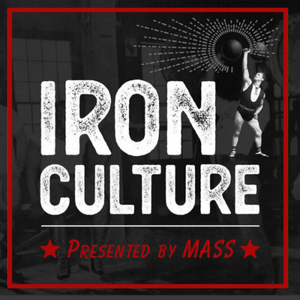In this episode, Eric Helms and Steve Hall engage in a deep conversation about their experiences in bodybuilding, academia, and personal growth.
They discuss the challenges of naming their podcast, the impact of ADHD on Eric's life, and the importance of critical thinking in the fitness industry. The conversation also touches on the concept of imposter syndrome, the black-pilled perspective on muscle growth, and the significance of maintaining a positive mindset in training.
Throughout the discussion, they emphasize the value of process over outcome and the need for continuous learning and adaptation in the pursuit of fitness goals.
If you're in the market for some lifting gear or apparel, be sure to check out EliteFTS.com (and use our code "MRR10" for a 10% discount)
Chapters
00:00 Podcast Naming Dilemma
03:04 Personal Reflections and Mutual Respect
06:03 Academic Journey and Self-Discovery
11:47 Understanding ADHD and Personal Growth
18:02 Imposter Syndrome and Its Impact
32:47 Critical Thinking in the Fitness Industry
37:54 The Importance of Self-Review
38:21 Confidence vs. Imposter Syndrome
40:16 Navigating Guru Culture in Fitness
42:22 Critical Thinking and the Role of Gurus
45:23 The Dangers of Blind Trust in Experts
48:17 The Mixed Bag of Fitness Influencers
49:42 Ego and the Quest for Clout
51:39 Teaching Critical Thinking in Fitness
53:32 The Journey of Personal Growth
57:16 Debating Natural Muscle Growth Potential
01:01:23 Understanding Individual vs. Population Data
01:06:05 The Optimistic Bodybuilder's Mindset
01:10:49 Pushing Limits and Personal Growth
01:15:13 The Process Over Outcome Mindset
01:20:54 Final Thoughts and Community Engagement


